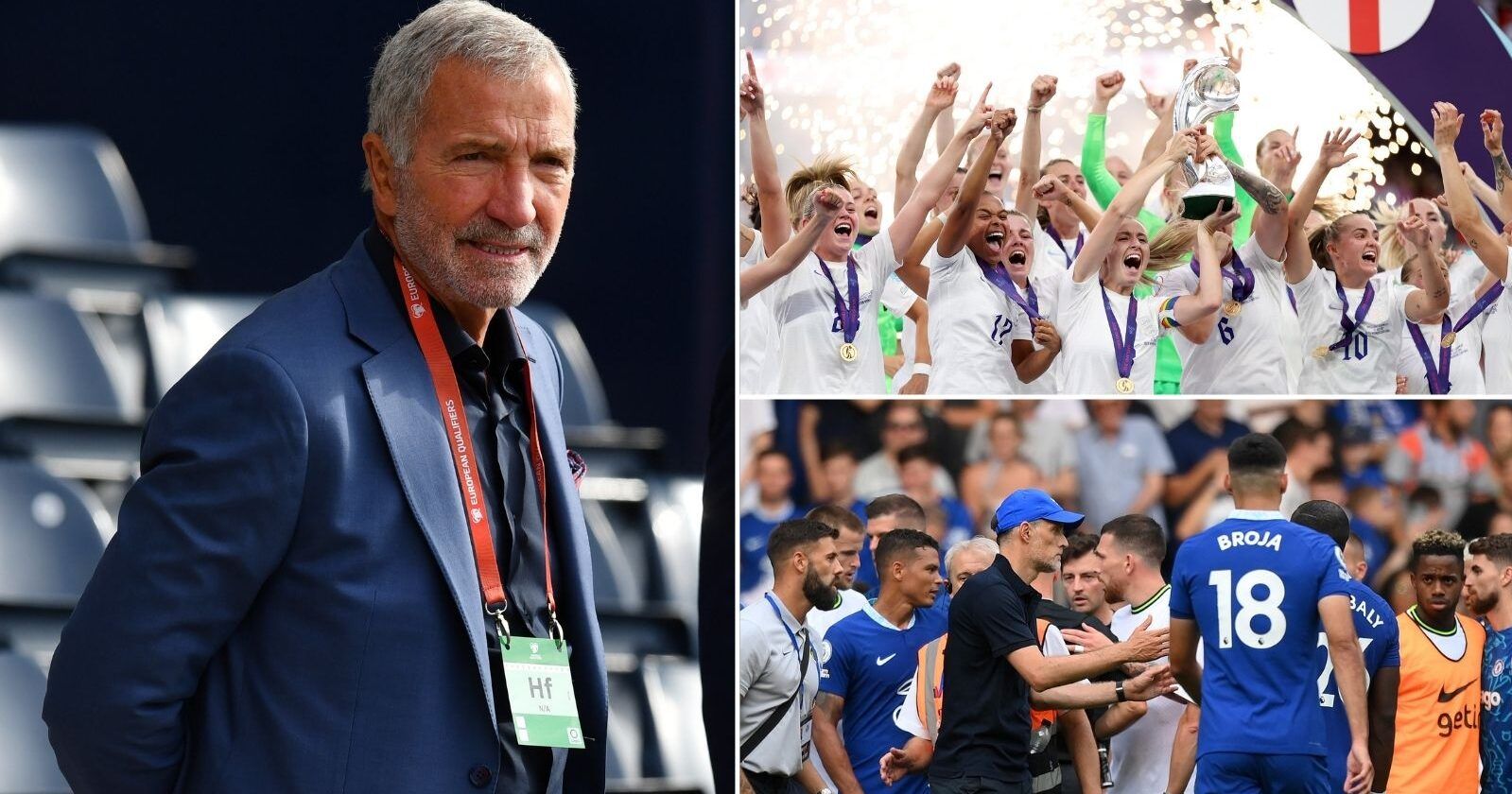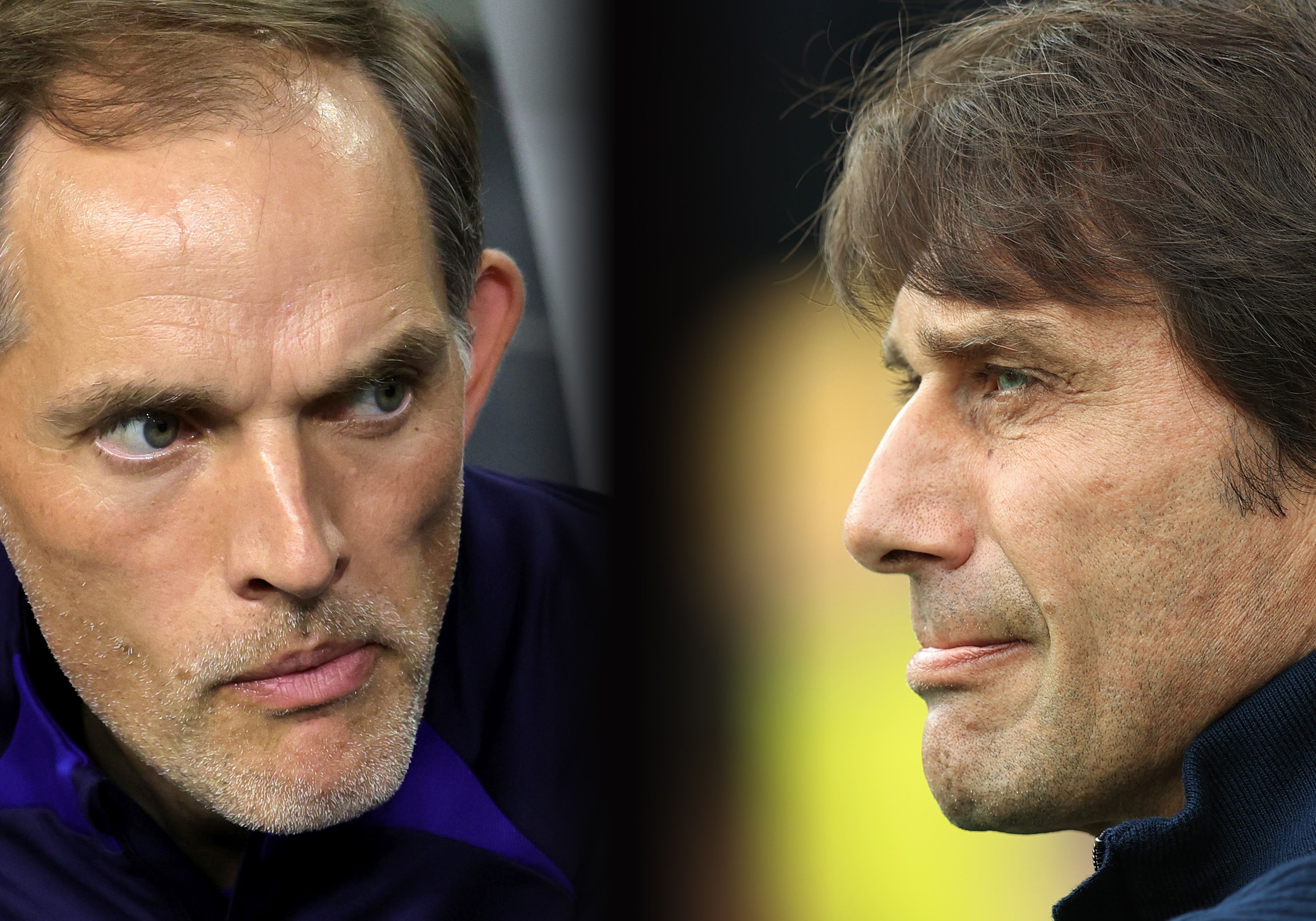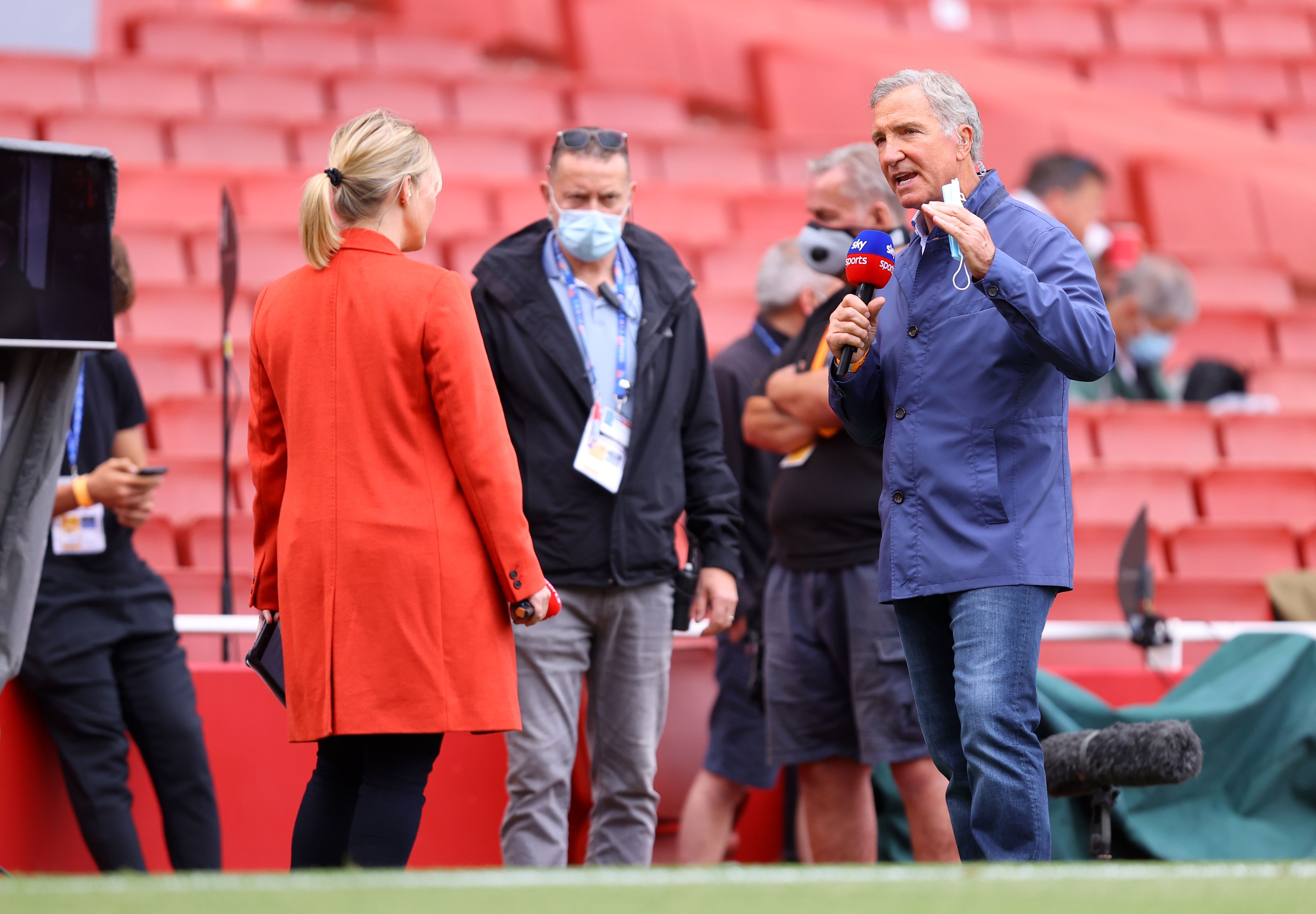Sometimes it’s not what was said but what was not. Following Chelsea’s 2-2 draw against Tottenham, Sky Sports pundit Graeme Souness described football as a 'man’s game’, while sitting next to former Lioness Karen Carney. This quickly generated a media storm and Souness was soon being lambasted for his remarks on social media.His statement was in reference to the hostile affair at Stamford Bridge, where managers Thomas Tuchel and Antonio Conte clashed, players grappled and tensions spilled well beyond the final whistle. Though Tuchel’s frosty handshake with an agitated Conte was generally well received by the football world, Souness’ subsequent comments were not. Former England Women’s star Eni Aluko branded his remarks as “not ok.†Euro 2022 winner Beth England condemned the words as “disgraceful,†and Carney appeared to roll her eyes in the studio.
Yet, despite the backlash, many jumped to Souness’ defence. Some sought to rebuff the criticism as ‘woke talk,’ while Souness himself even doubled down on his views on TalkSport.
To some, this begs the question of whether this criticism is perhaps a little harsh. Is it fair to pinpoint Souness as an enemy of women’s football or is it more advantageous to denounce those who are directly undermining its existence?
The real criticism of Souness, however, is not his comments directly –– rather, it’s the implications of his words, which give rise to negative connotations surrounding women’s football and relegates it back to merely a subset of the 'man’s game.’Â
SHOP OUR LEAH WILLIAMSON T-SHIRT TO CELEBRATE ENGLAND’S EURO 2022 WIN
Breaking down Souness’ comments
There has been much confusion surrounding the intended meaning of Souness’ words, which has led to conflicting opinions on whether he is guilty of wrongdoing.
Some inferred that his direct reference to a 'man’s game’ was an attempt to stress that football is meant to be played by men.Â
Conversely, others argued that the statement was made in a purely masculine context and that Souness was referencing the behaviour of male players in a men’s game of football.Â
In any case, whatever Souness’ original intention, he is no doubt guilty of ignorance.
Like all pundits on Sky, his opinions are heard by millions and scrupulously analysed both in the media and on social platforms. In this way, though he might be subject to mockery at times, he is a figure whose comments hold weight and will influence a number of people.
Souness may not have meant to say anything censuring, yet there are plenty who will have interpreted it that way, thereby casting more negativity onto women’s football.
It’s perhaps why presenter Dave Jones was so quick to clarify that football is “a women’s game as well,†as he himself realised the potentially damning consequences of Souness’ statement.
To compound matters, Souness then defended his words on TalkSport earlier this week, stating: “Yesterday in my comments I said we’ve got our game back. That’s the kind of football I remember playing.â€
In truth, his spiel offered little elaboration and appearing on the show of Simon Jordan, a man who has openly criticised the women’s game in recent weeks, certainly didn’t help to prove his innocence.
The unnecessary distinction
Discussion on the topic of Souness’ behaviour has been widely debated across a number of media outlets, but a conversation on Piers Morgan Uncensored encapsulated the ingrained distinction that is so often made when it comes to comparing men’s and women’s football.
Political Correspondent Ava Santina attempted to explain how Souness’ comments were “outdated†and “ignorantâ€, and clashed with broadcaster Mike Graham, who sought to justify the football pundit’s statement.
“You don’t want to see the women’s coaches fighting each other,†Graham stressed. “Whereas you do want to see the men’s coaches pushing and shoving each other a bit. It’s great fun.â€
This view epitomises the strange and archaic ideology that women’s football should be everything that men’s football is not. That its very draw is that there is no foul language, no brutish behaviour and no wrongdoing in general.
Except this is not the case whatsoever, and if it was, avid supporters of women’s football would certainly not be praising it.
Jonas Eidevall’s fierce rivalry with Emma Hayes last season was box office viewing at times, while Jill Scott yelling obscenities in the face of a German player at Wembley last month went viral on social media.
In this way, if Souness’ comments were meant in the context of men’s football only, this is suggestive that the same does not apply to the women’s game – that it’s a separate entity to the ‘men’s game’, a separate sport even.
Given the recent success of Euro 2022, Souness’ comments are even more damaging. Women’s football has been catapulted into the mainstream and these words are merely serving to stunt its progress.
The importance of language
There is a certain irony to all this, in that Souness was praising the behaviour of male conduct that included hair pulling –– a generalisation commonly affiliated with women.
“Men [going] at it,†he stated emphatically on Super Sunday.
What this again proves is how important language can be and how it’s necessary for influential figures to choose their words carefully.
Natalie Pike, the host of Talking Balls, summed up how Souness could have correctly broached his satisfaction with the events at Stamford Bridge –– clarifying exactly how he could have phrased his words.
“It’s a physical game all of a sudden again,†she said as if she were speaking as Souness. “We’ve got our football back. Great physical players going blow for blow and I agree with that. I love football, I love warriors.â€
To some, this might seem like nitpicking at the minor details and an attempt to catch someone out for saying the wrong thing. Yet, this debate should not be overcomplicated.
Indeed, there are few seeking to ‘cancel’ Souness or get him reprimanded for his words. Rather, the overriding feeling among those who feel aggrieved is purely disappointment.
Football is a simple game, loved by many, watched by millions and played by all. Is it really so hard to make that clear?






















